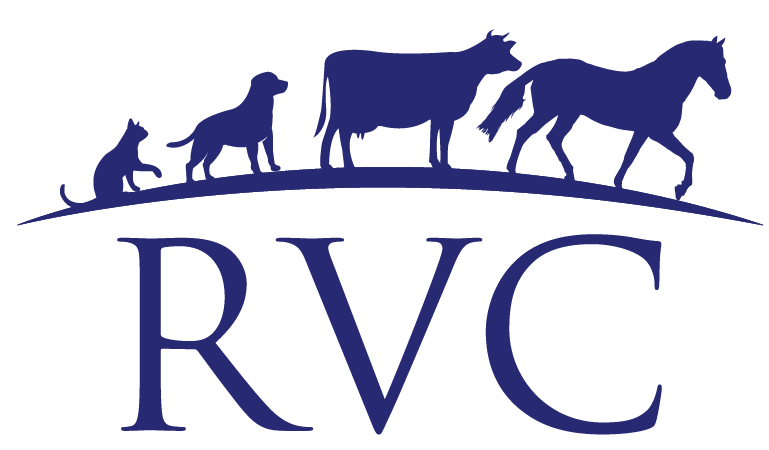Suspected poisoning of heading dog after calf milk replacer ingestion
Calf rearing is second nature to farmers, who do their best to ensure calves are as healthy as possible, gain good weight and maintain condition. Coccidiosis in calves is something all farmers are keen to avoid, as it can lead to significant financial losses, poor health, ill thrift, reduced weight gain, and in some cases death.
Coccidiosis can still be present on farms with the highest standards or hygeine and infection control - cases can be obvious or subclinical. The parasite reduces intestinal absorption of nutrients, and leads to intestinal bleeding and scouring. Coccidiosis can also be found in young chicks and chickens.
The solution to prevent coccidial losses from illness and deaths, is to use a coccidiostat – an antiparasitic medication, which when given to rearing calves and young chicks, reduces the number of parasites in the gut, and consequently reduces production losses.
Coccidiostats are found in some calf milk replacers, calf meal and chick crumb – when used in the intended species, they are safe to use, at the appropriate manufacturer’s dose, which will have been calculated by nutritionists.
What we do know about these compounds which contain Coccidiostats, is that they are highly toxic and often fatal if drunk or eaten by dogs, cats, horses, sheep and goats, and other unintended species.
Fi is recovering after her ordeal but still has some nerve issues.
Rangiora Vet Centre has written this artcile following a recent suspected poisoning of a working farm dog, who was given calf milk replacer as a treat for working hard, and also to add some body condition. The farmer had given her milk replacer before, without any ill effects, but on this occasion had been given an alternative brand, and was unaware that it contained Coccidiostats. The dog was presented to Rangiora Vet Centre collapsed, barely responsive, unable to stand, with altered behaviour and nerve function within a few hours of drinking the milk. Working with the farmer, we were able to determine the only thing she had had different to the other dogs on the property was the new milk replacer.
The dog was hospitalised for four days, where she received around the clock care and supportive treatment. She was a lucky dog, in that she survived, but neurological changes may be permanent, or could take up to two months to resolve once the drug is clear from her system. Thankfully, an ultrasound scan of her heart was also clear, a relief for the Rangiora Vet Centre team supporting her throughout this ordeal, as these drugs can cause permanent damage to the heart muscle, leading to heart failure.
There is no known antidote – only supportive care, and reducing absorption if any has been consumed, using appropriate veterinary medicines and treatment.
Always check the packing to see what additives are in the products you are using, and only use in the species for which it is intended. Residues can remain in containers, washing them may not remove contamination, so it is recommended to keep separate equipment for products containing coccidiostats. In the event of accidental ingestion for a working animal or pet, please contact your veterinary team immediately for advice and treatment. In the event of accidental self ingestion, please contact your doctor or emergency room immediately.
In Summary
Please be extra vigilant when making up, storing, and feeding calf milk replacer, calf meal and chick crumb – it could be fatal for your working dogs, pets, and potentially people if drunk by mistake. If your working dog can’t maintain weight, worm them regularly and feed a high quality premium Vet recommended diet.


